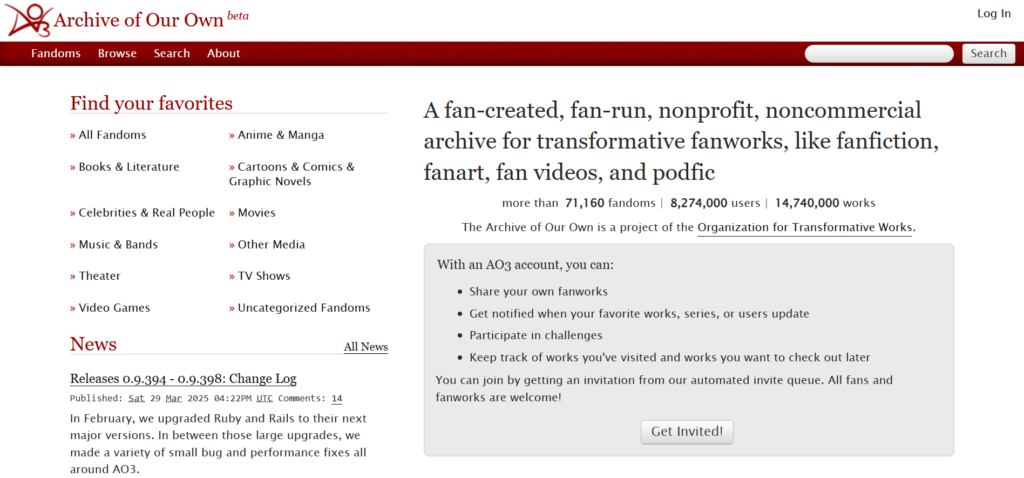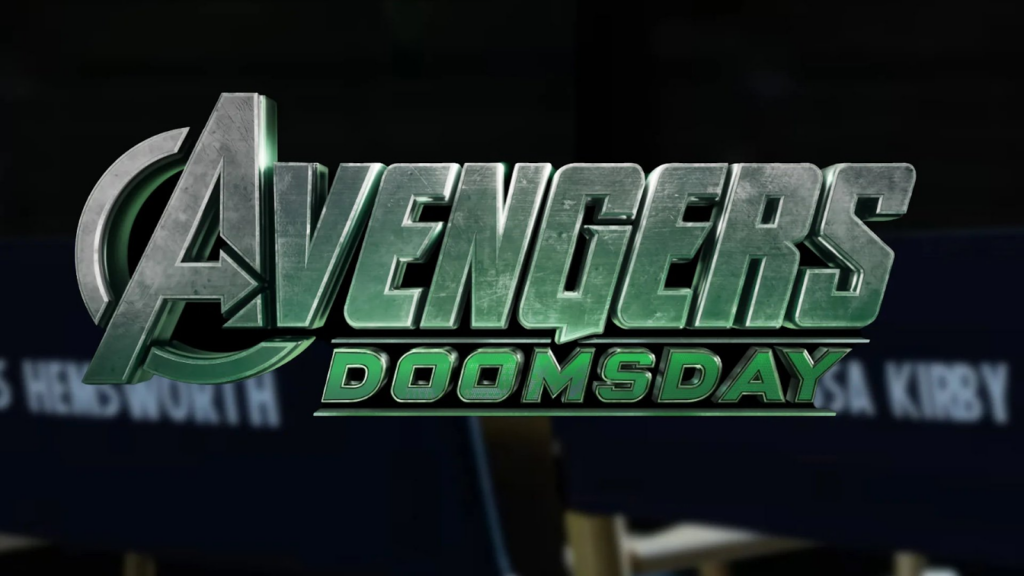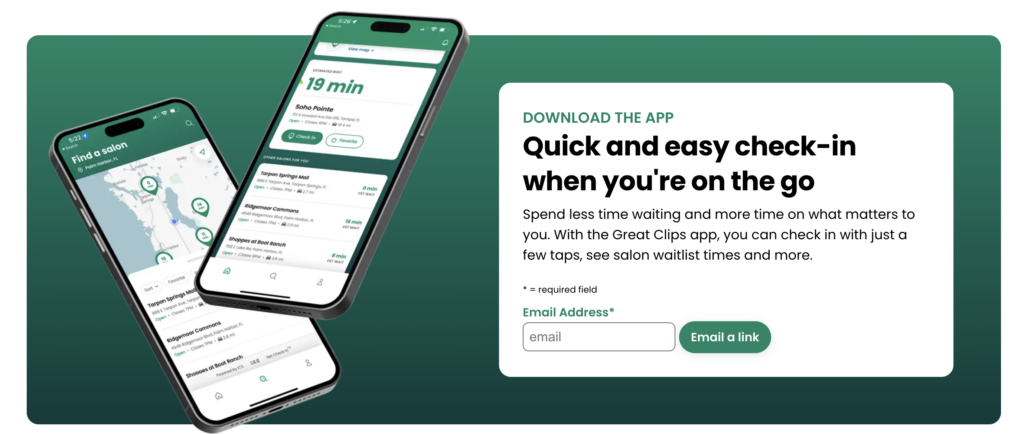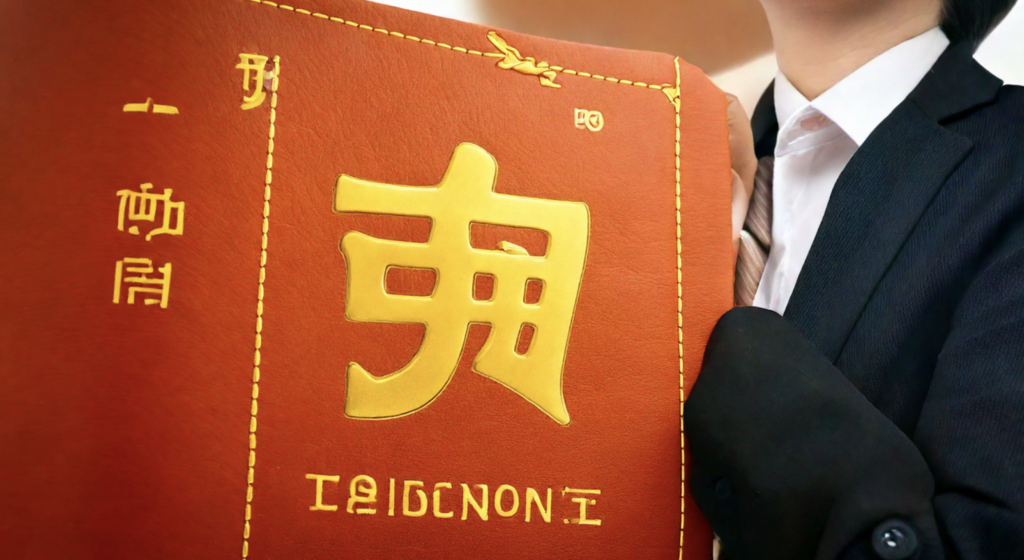AI Programming: A Boost in Efficiency or a Legal Grey Area?
With the rapid advancement of artificial intelligence technology, AI-assisted programming has become a reality. But when machines help us write code, a critical question arises: Who owns the copyright of the final product?
The Rise of AI Programming
As a developer with nearly half a century of programming experience, I am excited about the potential of AI. From 8085 assembly language to C, C++, Java, and the advent of the web with Perl, PHP, and Python, I have witnessed the evolution of programming languages. Python, with its simplicity and powerful libraries, has become the lingua franca of machine learning and artificial intelligence. Now, AI models such as GPT-4 and Microsoft Copilot, after being trained on a vast array of texts and source codes, are capable of assisting developers in writing Python code.
The Role of AI Accelerators
Recently, I had the opportunity to use OpenAI‘s GPT-4 to help an intellectual property lawyer prototype a tool designed to automate some of the tedious research that IP lawyers do daily. I realized that using AI could significantly increase my programming efficiency. However, this also required me to change my workflow to be more formal and structured.
“Garbage In, Garbage Out”
In the process of using AI to assist with code writing, I encountered a profound issue: if the information inputted into the AI is incorrect, then the output code will also be incorrect. This made me realize that although AI can speed up the programming process, it cannot replace the need for a deep understanding of the problem.
The Ambiguity of Copyright Ownership
When AI is involved in code creation, copyright ownership becomes complicated. The current legal system is clear on the ownership of AI-generated content: since it is not created by a human, it cannot be copyrighted. This means that neither the AI, its creators, nor the person prompting the AI to generate the content can own the code.
The Issue of Code Copyright
So, when a programmer writes code with the help of AI tools, part of which is written by humans and part by AI, is that code copyrightable? Is the software we are writing today so thoroughly compromised that it might no longer be defensible as a work protected by copyright?
Legal Challenges and the Future
An intellectual property lawyer stated that despite the legal confusion, commercial organizations are unlikely to forgo the productivity increases promised by AI programming tools. However, this full-speed-ahead approach may lead to serious consequences when a major software company discovers that their core assets have been eroded by the consistent incorporation of generative AI.
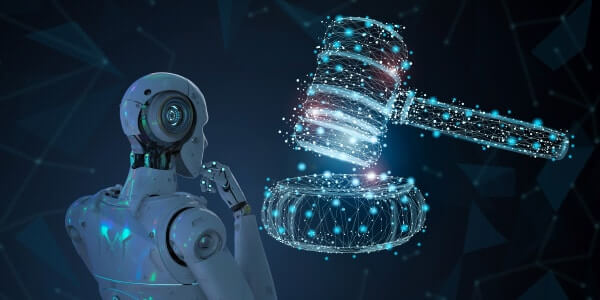
Conclusion
AI-assisted programming is a double-edged sword, offering increased development efficiency while presenting legal challenges. As the application of AI in programming becomes more widespread, there is an urgent need for clearer legal guidelines and copyright protection measures to ensure that innovation is protected while also safeguarding the rights of developers.
